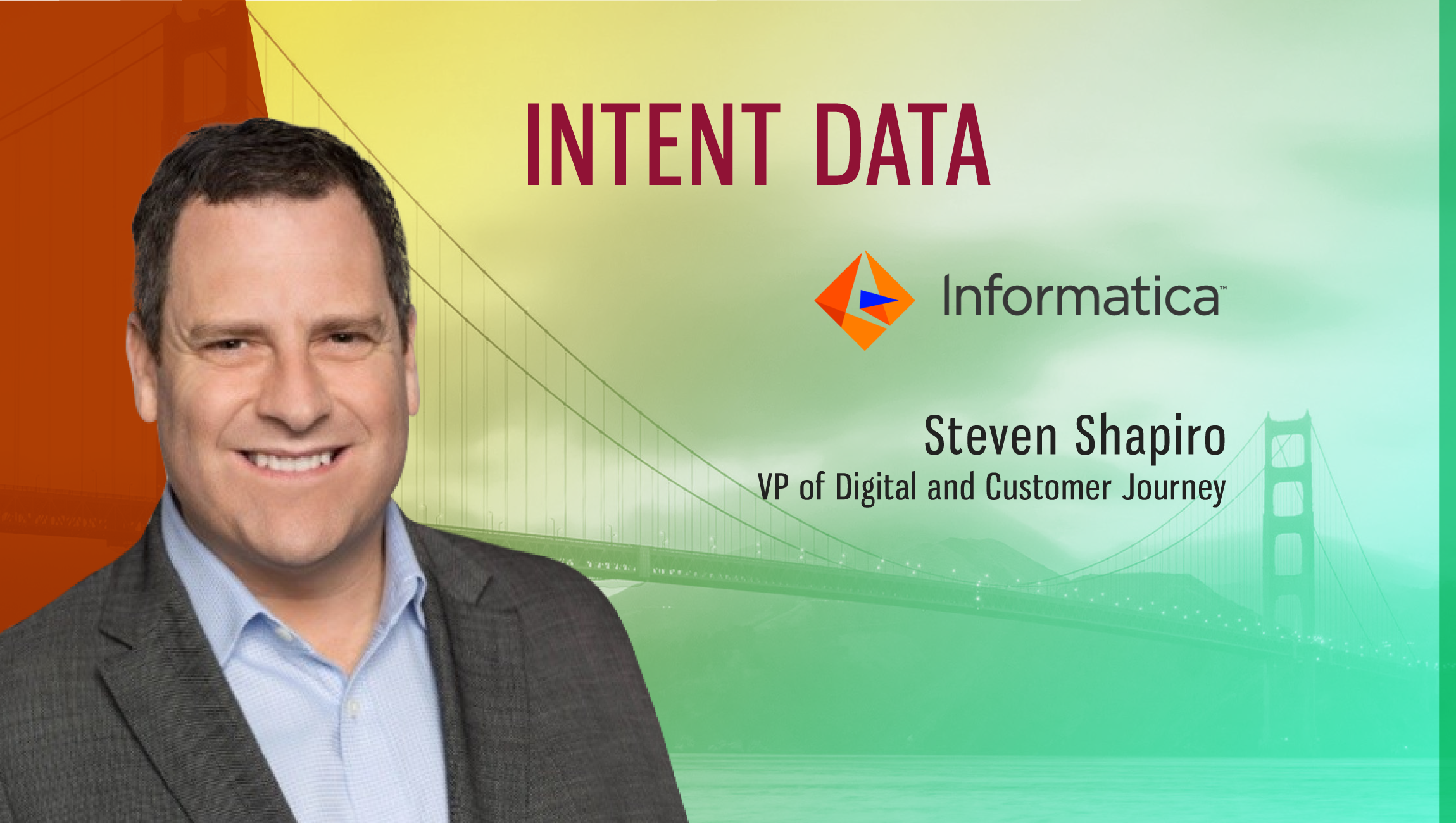 Today’s consumer is conditioned to expect a hyper-personalized experience. The likes of Amazon, Spotify and Netflix have raised the bar to the point where consumers in their droves are shifting their attention and business to organizations that genuinely recognize, appreciate and value them as individuals.
Today’s consumer is conditioned to expect a hyper-personalized experience. The likes of Amazon, Spotify and Netflix have raised the bar to the point where consumers in their droves are shifting their attention and business to organizations that genuinely recognize, appreciate and value them as individuals.
By now brands should be aware that a half-hearted attempt at customization may result in public derision and possibly, dilution of their brand value. Yet there are still toe-curling incidences of mistargeting people in a bid to appear to know them personally.
The fact is that we are on the cusp of transformational changes that herald a new era of engaging with consumers. Marketers now have the tools to evolve from the traditional rule-based approach to personalization to using AI to present a hyper-relevant experience to each and every one of their customers.
Read More: Website Versus Email Marketing: Who Owns Personalization of Your Brand?
It is ironic that automated technology such as AI is key to brands’ injecting humanity into every interaction, however, AI is simply making humans’ creative dreams possible, freeing the humans up to decide how best to engage with their customers, now that they finally are getting to know them better!
From restaurants who recommend menus based on meals guests have previously enjoyed, to travel companies who flag up deals on new holiday destinations based on customer profiles, the opportunities to deliver personalized experiences via AI are incredibly promising, and the ability to have one-on-one relationships with a mass audience is an enormous breakthrough.
Here are just a couple of cutting-edge AI applications that are set to transform the way marketers’ will engage in the very near future:
The Bot
One AI-driven marketing tool that is rapidly growing in popularity is the automated computer programme, best known as the bot. A chatbot uses AI to ‘talk’ with customers, and one way in which bots are being used currently is to predict the success and popularity of social media posts.
National Geographic’s new TV show Genius — chronicling the lives of figures such as Albert Einstein and Pablo Picasso — used a Messenger bot accessed from the show’s Facebook page which conversed with users.
Before the show on Albert Einstein aired, for instance, page visitors who clicked “Send Message” were connected with “Einstein.” This bot followed the user’s conversation, replying with information about the show and quips about relativity and other topics Einstein studied.
This provided an immersive experience for users to really connect with him one on one and organically discover more content from the show. The bot generated unprecedented engagement including 6 to 8-minute average conversations, 11 turns per conversation, 50% user re-engagement, and an involved community of followers.
Like most great chatbots, it created the feeling of a one-to-one conversation, connecting the brand and consumer in a very intimate way.
Read More: MRP Prelytix 2.2 Enhances AI-Driven Personalization
Object Detection at Speed
The real future of transformational marketing lies in yet another level of AI. This involves Machine Learning, where computers learn through trial and error to work out the next step to take, and deep learning, in which programmes mimic the human brain, allowing scenarios to be intelligently mapped out and the most appropriate one chosen.
This will deliver huge strides in, what we describe as, object detection at speed. This could result in tools that can read people’s facial expressions and identify if they are in the right frame of mind to make a purchase — this certainly shifts personalization to a new, higher dimension.
Social channel Pinterest already uses object recognition to identify which products appear in pins that are liked, pinned or re-pinned by users. It then uses this technology to boost pins and recommend relevant pins and advertisements to individual users.
Read More: RichRelevance Launches Xen AI: The First Open AI for Experience Personalization
In Conclusion
Consumers want more humanity in their brand interactions and AI makes this possible. Chatting with a bot may appear strange to start with but the experience will be so refined and ‘real’ that they will effortlessly step into this new experience.
We need to only look at the banking sector to see AI personalization in action, many of today’s consumers opt to manage their finances entirely online and to keep experiences personal, numerous banks and financial firms have adopted chatbots powered by AI to interact with customers.
Of course, there is a raft of new tools and applications waiting in the wings. These will no doubt start emerging as AI rapidly works through the initial layers of what businesses and brands require.
We are on the cusp of re-modeling marketing and advertising towards AI-powered social strategies, and once this occurs it will be a short leap to drive more personalized, hyper-targeted and, therefore, better performing campaigns.
Embracing the first-generation AI now means brands will be primed to make the most of the next stage and take their marketing to new heights.
Read More: AI-Powered Personalization Drives Great Customer Experience












Comments are closed.